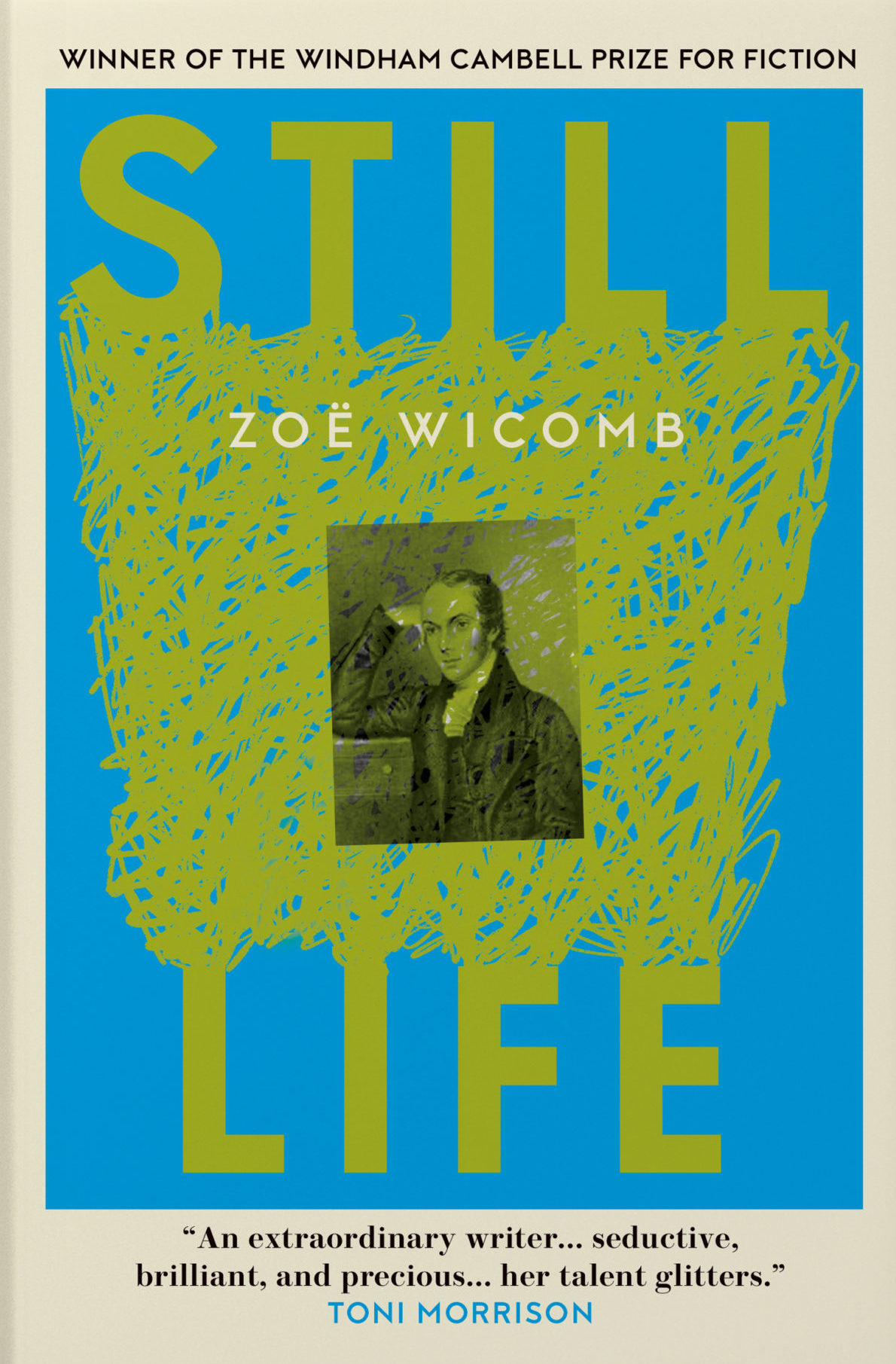
III
Ke … ke … I am
I wanted to swallow, but all was parched, and my tongue like a flap of leather moved with difficulty.
Ke nosi mo … le fat sheng, I tried to say. Ik ben … Ik ben … hier …
… in de wêreld
here … in the world.
And the world is wide, wider than this land of stone. It sweeps far into the Highlands, to the old country where we have left behind the smoke-heavy air, our homes burnt down by the invaders. The terror of Mfecane all around as we Batswana refugees fled across the many faces of the land. Or so it says, for I remember nothing.
Finally the words fired out with a ra-ta-ta-tat: Ik ben– al-leen-ig-in-de-wê-reld.
I have to agree with Mary that it is strange how these came to be uttered in my new tongue, the Boer language of Baas Karel, but as the poem says, they truly were. There were two false starts: first a rustle of dry leaves in my throat, then the sound amplified, like goggas beating their wings into words. We heard, both of us, those sounds that sprang from my tongue as I looked up into the eyes of the white man leaning on a stick. Bright eyes, soft like a springbok’s, even if they were of an unnatural bluish green colour. But I
cannot help feeling that there was no actual springbok involved in the meeting. Would I not have remembered such a friend? Besides, I could not have said those words about being alone if I had been attached to a little pet bokkie. Or would I?
Ik ben alleenig in de wereld. I am alone in the world.
It would seem that they were mine, the first words spoken by me in so very many days and nights of the full moon shrinking to a sickle and plumping up once more, and I having thought that I’d never speak again, that the veld, the plants and animals would not require the useless sounds of words. I had tried at first to hum, but to no avail. Then that miracle of words, like a fountain spray- ing over smooth white pebbles around which to wrap the tongue, though they were mine for the short seconds only that it took to utter. Small wonder that I remember them with difficulty, that they remain a dim echo. For no sooner were the words formed than they were no longer mine, and there lies the rub, their strangeness. Speaking to him, I gave those words – freely. So, having entered the world creakily, having tumbled out all helter-skelter, they somersaulted into another voice, to be shaped once again by him, by the poet’s reporting tongue. Thus tangled in translation, the words, as any schoolboy knows, were fixed once and for all in the anthology favourite, Mr P’s famous ‘The Bechuana Boy’. That is the story of my origins, my beginning: in the warm heart and the creative mind of Mr Pringle.
So who am I?
I am born of a poem, born in words. Before that mo- ment there is a blank, an absence, only part of which is filled in by the poet.
It is possible that the words of contact may have been different. In fact, how could they not have been, fixed as they were by another: inverted, following the demands of rhyme, exclamatory, translated from our common Boer language, and what’s more, curiously addressed, a polite- ness that the actual moment of encounter surely would not have allowed.
Stranger – I’m in the world alone!
Thus is our meeting immortalised by Mr P, the stranger. The poem may suggest that you imagine me holding up my right hand whilst beating the left against my chest. I have no memory of hands with which to emote; in fact, do I remember anything at all?
Stranger! I do wonder how I, a black boy, could have thought it prudent to address a white man in that manner, to remind him that he does not belong here, on land from which natives had been driven. Yes, I appealed to his kindness, but at best I would have expected the variety of kindness bestowed on animals. (Was that why Mr P at- tached me to a springbok in the poem?) I knew that white men had guns, and felt contempt and hatred and also fear for people of this land. So perhaps I assured him that I was alone in the hope of stemming his natural antipathy. Not his fear, for I was a child of who knows how many years. That Mr P thought of himself as a stranger, rather than the colonial assumption of owning and belonging, is, of course, testimony to his difference.
The man’s faltering speech came as a surprise. Clearly the guttural tongue of Baas Karel, from whom I had es- caped, was not native to him. Ja, the strange white man said in the harsh language we shared so imperfectly, the Boer language new to both of us, Ja-nee dat zien ik. Zo. Maar, ik vraagt, wat is jou naam?
What is your name?
Hinza, I replied, soothed into using my native tongue. Leina la me ke Hinza, I said, before I remembered that he was a white man. So I translated: Myn naam heeft Hinza. His voice bounced back in my own tongue as he repeated in Setswana: Leina la me ke … Hinza, and then having chewed and savoured the sounds, he said smiling, tapping his chest: Leina la me ke … Thomas. Mister, Mijnheer Pringle. I looked again into his eyes, the strange blue-green irises, and found that my words had indeed stirred up something akin to kindness.
He shifted his walking stick from right to left, and as we walked off to retrieve his horse, I noted that he limped, his right hip being slow. A broken white man. Was that why he understood, why he spoke kindly? The horse was held by a San boy who stared with hostility and ignored my greeting, none other than he who often rode with Mr P afar in the desert, a boy who from the start saw me as competition. But much as I try, I cannot conjure the memory of Mr P’s tents in the veld. Given that I was alone in the world, there could not have been, as the poem would have it, a Bushman who brought tidings of the tents. Would I not rather have taken to my heels on hearing such news?
Here, so many years, or rather centuries later, in the low light of a London tavern as he calls it – he will have nothing of the modern, bright, and noisy bars – Nicholas Greene and I discuss our origins. We are both born of texts, but he will not engage with my difference, the different or equivocal levels of the real. Nothing to com- pare, my boy, the old man says companionably, between a metropolitan birth and one in the colonial veld. Chalk and cheese, all so long ago, and such a strain on the unre- liable memory, perhaps those old times are best forgotten. Besides, is this not a redundant exercise? You say it’s all here in ‘The Bechuana Boy’, written by the man himself, so why the need to pore over it line by line? Why are you questioning the text? You don’t by any chance doubt this daddy of yours?
Of course not, I remonstrate. But I cannot let go when so much has been erased, so many gaps remain to be filled, even if allowance has to be made for poetic licence. Yes, I am, or rather was, the eponymous Bechuana Boy found in the veld by Mr P, naked and unshod, although I must insist that the poem wrongly has a tame spring- bok accompanying me. What a foolish figure, a boy with a bokkie! I believe I really do have some memory of that meeting, strange and uncanny, as I saw my destiny un- fold before me, not only inescapable, but one that I felt urged to embrace. Instead of caressing a gentle springbok invented by Mr P, my hands clenched and unclenched in- voluntarily as I said, keeping my eyes fixed on his own: I will come with you. Much later, Mr P teased me about that boldness that I could not recognise in myself, words
that I surely would not have uttered without invitation? Mr P had no doubt asked if I would, or perhaps just said that I should go with him to Eildon.
Oh, I do, all right. I recognise the boldness, interrupts Sir Nick, whose smile carries more than a trace of incre- dulity. Uncanny eh, he croaks. These modern ideas about memory and the unconscious are best left alone, taken with a pinch of salt; they can only lead to unhappiness. It’s not uncommon for lost souls to imagine memories, or see the uncanny in retrospect. I’m in the world a-lo-one, he intones in what he believes to be my voice. Fine words for a boy of the veld.
Then he tilts his head attentively. Why, I believe they ring a bell. For sure, it’s Orlando! And Nicholas, known for his power of mimi-cry that could bring the dead to life, grows misty-eyed, and declaims in an aristocratic voice, fluty and feminine: ‘I am alone,’ he breathed at last, opening his lips for the first time in this record. He had walked very quickly uphill through ferns and hawthorn bushes, star- tling deer and wild birds, to a place crowned by a single oak.
What have ferns and hawthorn, or an oak, to do with the Cape? I must not be influenced by this man who cannot think beyond his own world, his own culture. I remind him that we are speaking of Mr P.
Ah, yes, the illustrious poet of whom no one has heard, he says; in his own country a failed man of letters. Father of South African English Poetry, I remind him, but he sneers at the epithet, settling the matter with a dis- missive, Of course, the colonial rhymester – and citing a twentieth-century critic, adds: So soothing, the familiar
trot of iambic tetrameters. It is not surprising that Nich- olas Greene, known throughout the literary world as a failed poet turned critic, turns out to be jealous of Mr P’s reputation.
I hold aloft placatory hands. Okay, I concede, but for all the ringing of your bell, I have no idea what you’re talking about, so let’s drop the uncanny. I’ll put up with ferns and hawthorn for now, but please hear me out on that meeting that starts my life, that lays bare my origins. It has to be unpacked. See, I would have liked to say to Mr P, whom I instinctively trusted: I will be your helper, I am strong enough to lend a shoulder, to help you off a horse, to carry you across a river, even if I am only a boy. But that would have been a foolish boast. Besides, he would already have had many boys, even men, to help him, work for him. So I said again, and that to a white man, I will come with you, and he nodded, Ja, as I knew he would. Earnestly, abstractedly, as if it were a given, as if he too knew that, destined, there could be no other way.
I had, of course, seen a white man before. Strictly speaking, I belonged to one, although the actual trading of slaves had already become illegal. I was not one of those, the people from Madagascar or the Malayas, but we na- tive serfs were no more than slaves. The Bergenaars who preyed on Batswana refugees had sold me cheaply to Baas Karel, in ignominious exchange for the greatcoat he was wearing against the winter chill. Him, I refused to look at. While the transaction took place, I kept my eyes fixed on the stain, the grimy patch of sheep fat on the left pocket of the coat. Then my captor, the trousered Bergenaar as
Mr P sometimes called him, slipped his own arms into the coat sleeves, and it must have been the play of light, for the stain seemed to spread slowly, evenly, across the worsted fabric, turning the entire garment into a darker shade, almost black. Voilà! he said, spinning round to the admiration of his folks, and I was handed over. But how I came to be wandering in the Eastern Cape where they found me, I cannot say for sure.
Baas Karel waved the Bergenaars on – Weg nou met julle. Loop – and he cracked his buffalo-hide sjambok so that it echoed through the valley. He saw them off his land, even though it was dusk and they would rather have overnighted with his Khoekhoe serfs, from whom they begged a karbonaadje before leaving. Hungry as I was, I could not bring myself to eat anything. Later, in prepara- tion for my escape from Baas Karel, I searched the veld for edible tubers, a number of them unfamiliar to me, but in my hunger I took risks with veldkos, sniffed the leaves, gingerly rolled the roots in my mouth and waited a while for warning convulsions before consuming the whole. Thus I learned what was edible in that strange land of the south – kambroo, koekemakranka, and also eintjies, deli- cious but so meagre, barely worth the trouble of clawing out of the earth.
So wide and stony and still was the land, without any people of my own, that its silence invaded me. I could not speak. Baas Karel’s commands failed to lodge in me. Not only did I not know his tongue, my own had dried to leather, immovable and silent. It was as if I had nev- er heard a word, nor spoken one, so that my new master
flicked his furious whip at my person, across my shoul- ders and legs. Verdomt! he wailed and stamped his feet in rage. Deaf and dumb and stupid, I was not worth the greatcoat; he had been cheated, he shouted. He named me Domkop. That I heard and understood all right. Indeed, it was not long before I understood much of what they said, but my tongue refused, and I remained dumb. Even at night in our compound I uttered not a word to the others, the Khoekhoe peons and the Mozambican slaves; never- theless, I learned a good deal of their common language, which varied only slightly from Baas Karel’s Dutch.
I pause to check on old Nick, who has sunk deeper into an armchair. The venerable monoglot, fast asleep, jerks as a snore escapes. Perhaps it is not so diverting, this story dragged out of the gaps and shadows of a poem for schoolboys. But how else discover who I am? How else uncover the past, if not by working my way through the poem? Nick should be asking helpful questions; it is his task to write up Mr P’s history. He may not think my origins to be relevant, but Mr P after all became a father to me, became my father.
I help the old man out of the chair, steer him out into the bracing air, so that he shudders and says, It doesn’t add up, you know; for one, one can’t learn a language without speaking it, and that’s not all … Then he yawns. A carriage, he must have a carriage, he’s had enough of this long day. Nonsense, wrong century, there are no carriages left in the world, I say. Neither are there any black cabs around; we have to take the Underground. I point Nicholas to his westbound escalator, then dart back out into the street.
BUY Still Life by Zoe Wicomb: Peninsula Press
Excerpt from Still Life by Zoë Wicomb, published by Peninsula Press. Copyright © 2022 by Zoë Wicomb.


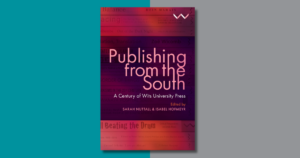
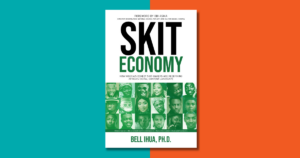
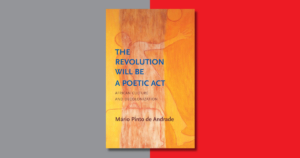
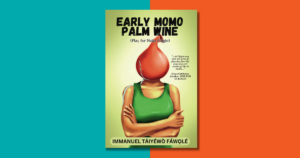
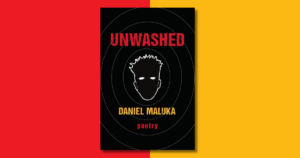
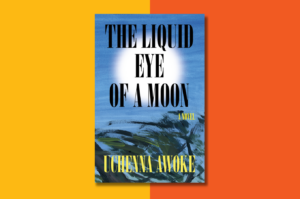

COMMENTS -
Reader Interactions